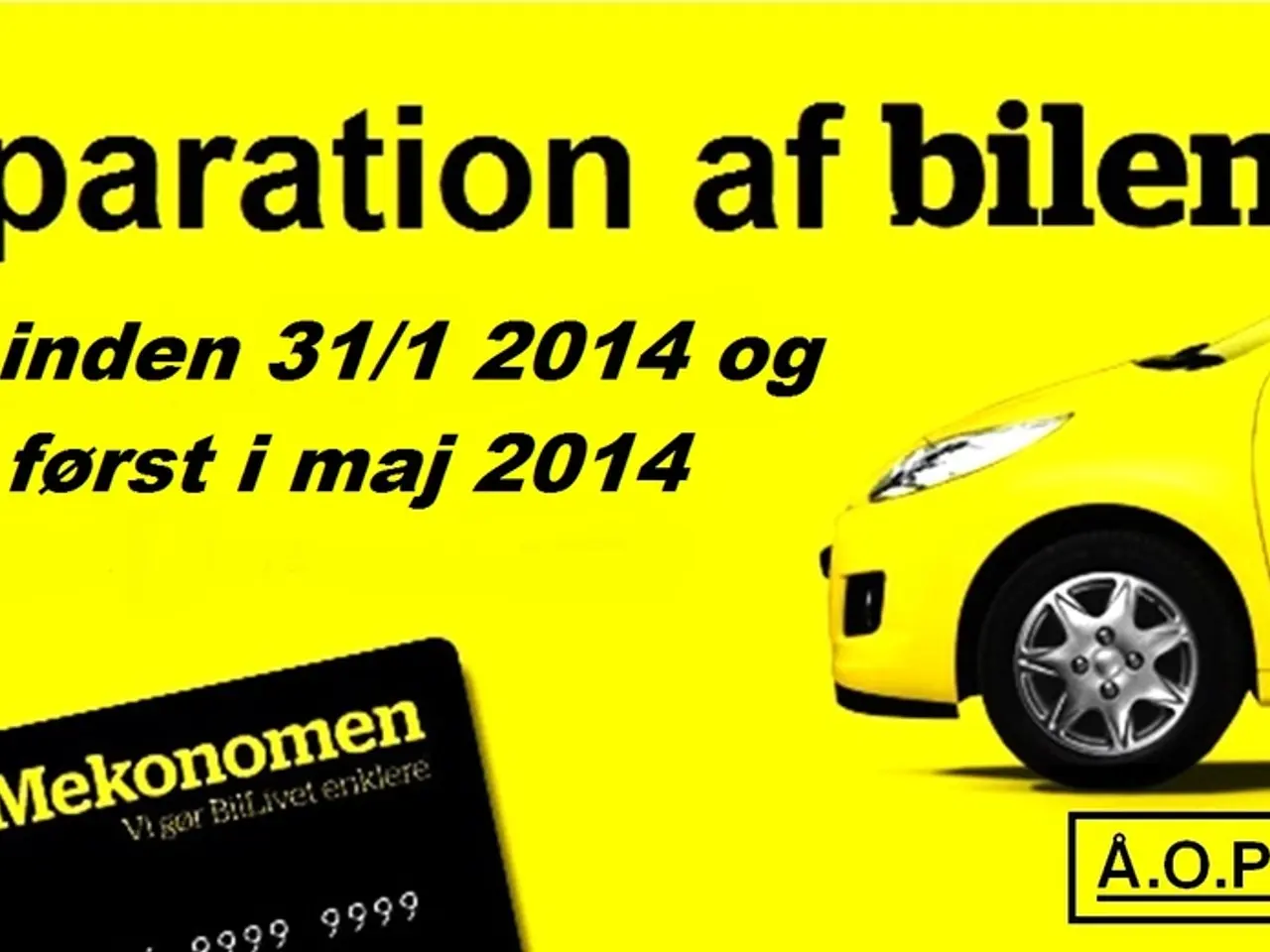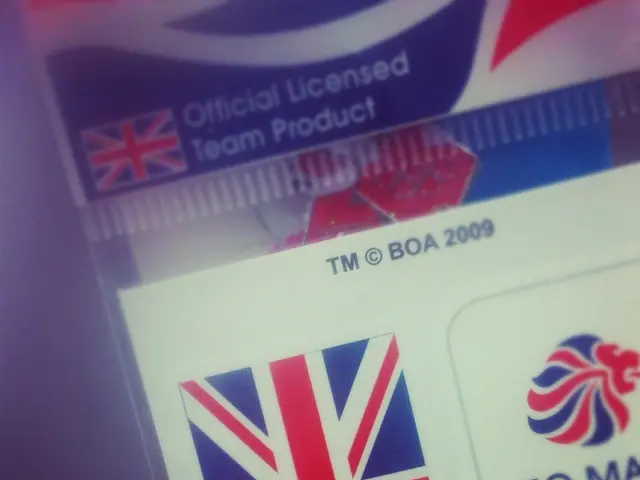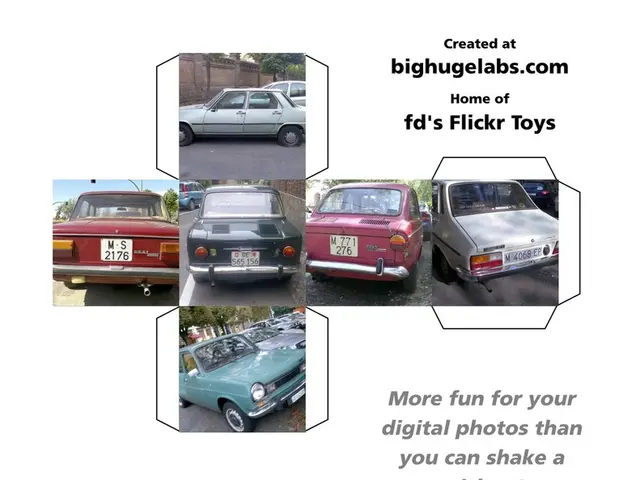Turo and Bollinger Financial Incentives, Dealer Collaborations, and Charging Matters Reported by Mullen News
The electric commercial vehicle market is experiencing a surge, with the 2025 Bollinger B4 Chassis Cab leading the charge. This Class 4 all-electric commercial truck, developed with feedback from fleets and upfitters, promises durability, safety, and adaptability in urban settings.
As the electric revolution continues, the U.S. federal government is offering incentives to encourage the adoption of electric commercial vehicles. One such incentive is the Commercial Clean Vehicle Credit (Section 45W), which offers up to $40,000 per qualifying commercial EV (vehicles over 14,000 lbs) placed in service before September 30, 2025. This applies to various types of vehicles, including electric school buses, delivery trucks, and heavy-duty vehicles, providing significant cost reduction for fleets adopting electric commercial vehicles. However, this tax credit will expire after that date due to the One Big Beautiful Bill (OBBB).
Two electric commercial vehicles that could potentially qualify for these incentives are the Mullen ONE and the Bollinger B4. If these vehicles meet the criteria, mainly weight class and service timing, they may be eligible for the $40,000 credit. However, precise current eligibility details specifically for these models are not explicitly listed.
In addition to the federal incentives, there are other opportunities for cost savings. For example, there is a federal $7,500 credit for new light EVs (under 14,000 lbs) with requirements on battery sourcing and assembly, which expires on September 30, 2025. Some states like California offer rebates for charging infrastructure and consumer rebates for EV purchases, which can supplement federal incentives, though California lacks a state-wide EV tax credit. Businesses may also access charger installation tax credits up to $100,000.
Timing is crucial for fleet buyers. To benefit from these federal incentives, orders and deliveries must be completed by late September 2025.
In Massachusetts, Mullen's EVs are eligible for MOR-EV rebates, California's High-Impact Zero-Emission Vehicle (HVIP) programme, and federal tax credits, providing significant savings for fleet buyers. The Bollinger B4 also qualifies for up to $30,000 from Massachusetts' MOR-EV program, up to $90,000 from New Jersey's NJ ZIP program, and up to $20,000 from Pennsylvania's Alternative Fuels Incentive Grant Program (AFIG). Combined with the federal clean vehicle tax credit, these incentives offer Bollinger customers between $70,000 and $140,000 in potential savings.
Bollinger has delivered three B4 trucks to TEC Equipment locations in California and Washington, marking its first West Coast delivery. TEC Equipment, with over 30 locations, views this as an opportunity to meet the growing demand for electric trucks among commercial fleet customers along the West Coast. Meanwhile, Mullen's Class 1 EV cargo van, the Mullen ONE, is now available for rental on Turo.
In other news, Mullen Automotive, Bollinger's parent company, has regained Nasdaq compliance with minimum bid price requirements. Blink Charging is offering solutions for former Enel X and JuiceBox customers, replacing JuiceBox units for free under a revenue share program.
As the electric commercial vehicle market continues to evolve, it's clear that incentives play a crucial role in driving adoption. With the federal tax credit for commercial EVs ending on September 30, 2025, fleet buyers must act quickly to take advantage of these opportunities.
- The transportation industry, especially fleet management in commercial businesses, is leveraging technology to capitalize on the surge in the electric vehicle market, which provides financial benefits such as the Commercial Clean Vehicle Credit and federal tax incentives for qualifying electric vehicles.
- As the deadline for the federal tax credit for commercial electric vehicles approaches, automotive companies like Mullen Automotive and Bollinger are intensifying their efforts to meet the criteria for these incentives, potentially saving fleet customers significant amounts of money.
- The rise of the electric commercial vehicle market is not only driven by technological advancements but also by the support of industry policies, like state rebates and federal tax credits, which can provide up to $140,000 in savings for businesses that adopt electric commercial vehicles before the end of September 2025.




